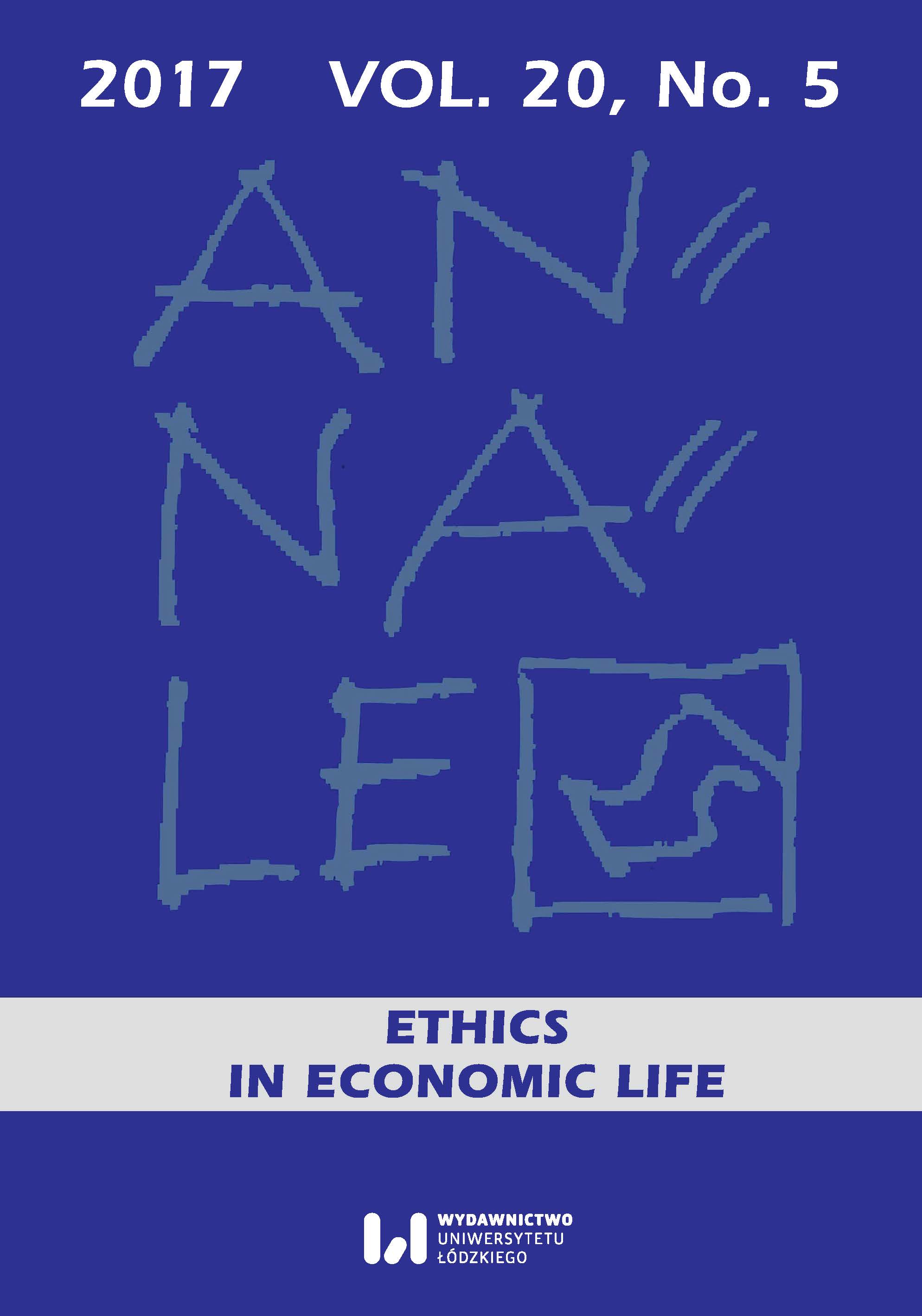Human capital and economic development: The axiological perspective
Human capital and economic development: The axiological perspective
Author(s): Michał Gabriel WoźniakSubject(s): Human Resources in Economy, Business Ethics
Published by: Wydawnictwo Uniwersytetu Łódzkiego
Keywords: economic growth and development; business ethics
Summary/Abstract: Global capitalism is both an outcome and a stimulant of spreading not only the same market economy standards and lifestyles but moral relativism as well. Its origin goes back to Anglo-Saxon liberalism that limits the individuals to maximize their personal benefits that are measured according to the market values. The perception of human nature adopted in this ideology determines solutions as for how to achieve individual and communitarian goals and meet criteria of their validation. As a result, the development of human capital understood as the knowledge necessary to act, is focused on its subjective functions. Thus, human capital plays a more important role in the multiplication of individual benefit than in the improvement of the value of human life. Such developed human capital results in growing disparities in the knowledge assets enabling the harmonization of personal benefit with the responsibility for the valuable life of present and future generations. These disparities lead to an increase in risk of global threats to humanity. The reaction to these threats cannot be based on the development of globalization. The concept that respects the multi-faceted nature of a human being seems to be an appropriate alternative. Due to these efforts, new economics might be developed that may provide applicable educational and institutional tools for long-term sustained economic development and improve the quality of life of an individual.
Journal: Annales. Etyka w Życiu Gospodarczym
- Issue Year: 20/2017
- Issue No: 5
- Page Range: 83-93
- Page Count: 11
- Language: English

